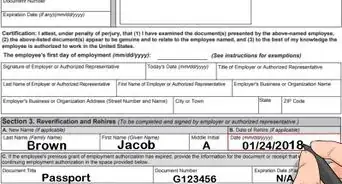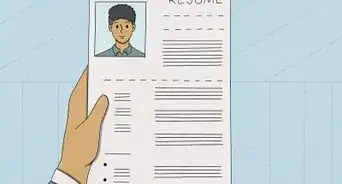This article was co-authored by Clinton M. Sandvick, JD, PhD. Clinton M. Sandvick worked as a civil litigator in California for over 7 years. He received his JD from the University of Wisconsin-Madison in 1998 and his PhD in American History from the University of Oregon in 2013.
There are 9 references cited in this article, which can be found at the bottom of the page.
This article has been viewed 21,701 times.
Many legitimate claims for workers' compensation are unfairly denied. Not only do you face the stress of mounting bills with no means to pay them, but you also face a complicated appeals process. Fortunately, the appeals process is manageable so long as you pay attention to deadlines, prepare for the trial, and seek affordable legal help.
Steps
Filing Your Appeal
-
1Read your denial letter. The letter will have at least 3 pieces of critical information: why you were denied, a description of the appeals process, and deadlines for bringing an appeal. You must identify these pieces of information and underline them.
- Workers’ compensation claims are denied for a variety of reason. The most common are: you did not report the injury within the required time, the injury is not severe enough, or the injury was not sustained on the job.[1]
- Pay particular attention to deadlines. You often will be given only a month to bring the appeal, if not less. If you want to appeal, you should begin immediately.
-
2Hire a lawyer. Being denied workers compensation benefits when you are injured is a stressful experience, and bringing an appeal only adds to the stress. The appeals process is complicated, varies by state, and requires that you learn confusing rules of evidence,[2] which could take months. Hiring an experienced workers’ compensation lawyer can streamline the process and bolster your appeal.
- Bring a copy of your denial letter as well as all of your medical information to the lawyer, who will need copies of this information for your appeal. And promptly gather any other information your attorney needs. Delays will only delay the appeal process.
- Private attorneys will work on a contingency basis. This means they are paid only if they win your case. Generally, the attorney will take around 20% of your benefit amount.[3] The amount is often capped by state law.[4]
- Under a contingency arrangement, you will still have to pay for costs. Typical costs include filing fees, expert witness fees, and money spent on photocopying and mailing. Try to get an estimate of these costs.
Advertisement -
3Find the form to appeal. This goes by various names, depending on the state. In Michigan, it is called an “Application for Hearing.”[5] In Arizona, you must file a “Hearing Request form.”[6] Your denial letter should tell you where to locate this form.
- Federal workers are not covered by their state’s workers’ compensation systems. Instead, they are covered by the Federal Employees’ Compensation Act which has its own methods of processing and deciding workers’ compensation claims. Federal workers may appeal in three ways: by requesting a hearing, by appealing to the Appeals Board, or by applying for reconsideration.
- Each federal appeal requires different things from the employee. In a hearing, you simply request that the hearing representative review the claim. He may agree to give you benefits or confirm the initial decision. When appealing to the Employee’s Compensation Appeals Board, you may not provide new evidence; rather, the Appeals Board makes a determination based on the claim’s record. With a Request of Reconsideration, you and your attorney submit either new evidence or new legal arguments.
-
4File the form before the deadline. You should always send by certified mail. In this way you will have a receipt for your records.
Preparing for Your Trial
-
1Read the Answer. Your employer will respond to your appeal and explain why your claim should be denied.
- Your employer’s answer provides a sneak peek as to what he will argue on appeal.
-
2Undergo a medical evaluation. You may be required to undergo an independent medical examination (IME). Your employer or its insurance carrier may request it. The purpose is for an independent physician to identify the cause of the injury as well as the extent of the disability.[7]
- In some states, the workers’ compensation claims board can request an IME. If you have an attorney, then the IME is scheduled per agreement between the insurance company and your attorney.[8]
- Though you and your lawyer can object to the IME, an objection will often be interpreted as a concession that the injury isn't as severe as you are claiming.
- You should prepare by bringing all requested medical reports and information. Answer all questions fully and truthfully.
-
3Research prior published decisions. Some states publish written appellate decisions. Kansas, for example, has a database. You should look to see if your state has a database of decisions.
- Read up on other cases similar to yours. For example, if you were denied workers’ compensation benefits because your condition was “pre-existing,” then you could research any prior appellate decisions that discussed preexisting conditions.
- A case where an appeal was granted in a factually-similar case is strong evidence in your favor that your claim is valid.
- Your attorney will be skilled in researching prior decisions. Ask her for copies of any decisions so you can read them.
-
4Gather relevant evidence. At the trial, you will need to present evidence that supports your claim to have been injured on the job.[9] Typically, the most effective witnesses will be medical professionals who can testify to your injuries and co-workers who may have seen the injury occur.
- Your state law may or may not provide for subpoena power. If it does, then you can get a blank subpoena form from your workers’ compensation board. Serving a subpoena is a way to assure a witness’s attendance.
- Fill in the form with the witness’s name and address. Then fill in where the witness is commanded to appear (i.e., where the hearing will be held) as well as the date and time of the hearing.[10]
- Mail the subpoena using certified mail. Give the witness plenty of time (at least several weeks) to rearrange her schedule in order to attend.
-
5Prepare to testify. You will be called to testify about the injury: how it happened and the extent of your disability. To make sure you are an effective witness, you should:
- Ask your attorney to do a practice run. Have your attorney pepper you with hard questions to familiarize you with the process.
- Review your summary of the event. Shortly after being injured, you should have jotted down what happened and how. Review this information to refresh your memory.
- Stay cool on the stand. An attorney may try to rattle you. Answer truthfully—you have nothing to hide.
-
6Attend a pre-trial hearing. Generally, the first appeal is held before an administrative law judge (ALJ) or a state appeals board.[11] Before the trial, the ALJ may call you in for a pre-trial hearing. The purpose of the hearing is to make sure the parties are prepared for trial.
- If you have any questions, you should ask them at that time. For example, you should ask if the other side has turned over copies of their witness list or the medical reports they intend to use.
Attending the Trial
-
1Arrive promptly. You do not want to be late. If you are unfamiliar with where the trial is being held, then give yourself an extra hour to find parking and go through any security.
- Trials are rarely held at court houses. Rather, they are usually held at the offices of the workers’ compensation board.
- Dress neatly. Look professional but comfortable. You do not have to wear a suit if it makes you feel awkward.[12]
-
2Deliver an opening statement. The opening statement will be less formal than in a trial before a jury. Here, the attorneys will state to the judge what issues the parties have agreed on (such as your date of employment) and what issues are in dispute (such as whether you were injured on the job).[13]
-
3Testify. You undoubtedly will be called to testify by your attorney. After you swear an oath, your lawyer will ask you questions about how the injury happened. Speak loudly and toward the judge.[14]
- You should have practiced with your attorney. She cannot ask you leading questions (i.e., questions that contain the answer).[15] But she can ask more general questions: “Where were you on the morning of…?” “Did you hurt yourself?”
- You will also be cross-examined. If you read your employer’s answer, then you should have a good idea of what questions the other side will ask. For example, if your employer claims you were injured while on vacation, you should anticipate detailed questions about where you went and what you did.
-
4Deliver a closing argument. Your lawyer should briefly explain how the evidence presented supports your legal right to workers’ compensation benefits. He will also rebut your employer’s arguments.
-
5Await the decision. The ALJ or appeals board will typically draft a written decision. You will receive it by mail.
- Sometimes an appeals board will review the ALJ’s written order and either adopt its finding or send it back for reconsideration.
-
6Discuss next steps with your lawyer. If your claim is denied at the hearing, then an appeal of the denial is possible. Discuss whether or not another appeal is worthwhile and whether your attorney will handle it.
- Appeals can also handled on contingency. However, you may have to sign a new client agreement, which redefines the scope of the representation.
References
- ↑ http://www.nolo.com/legal-encyclopedia/denied-workers-compensation-claims.html
- ↑ http://www.disabilitysecrets.com/resources/workers-compensation/appealing-a-denied-michigan-workers-
- ↑ http://www.illinoisworkerscomplaw.com/2011/03/attorney-fees-limited-by-law-in-workers-comp-cases/
- ↑ http://www.nolo.com/legal-encyclopedia/how-much-does-workers-compensation-lawyer-charge.html
- ↑ http://www.disabilitysecrets.com/resources/workers-compensation/appealing-a-denied-michigan-workers-
- ↑ http://www.disabilitysecrets.com/resources/workers-compensation/appealing-arizona-workers-compensati
- ↑ http://www.workerscompensation.com/compnewsnetwork/workers-comp-blogwire/9279-the_basics_of_independent_medical.html
- ↑ http://www.workerscompensation.com/compnewsnetwork/workers-comp-blogwire/9279-the_basics_of_independent_medical.html
- ↑ http://www.nolo.com/legal-encyclopedia/denied-workers-compensation-claims.html
- ↑ http://www.vwc.state.va.us/sites/default/files/forms/Witness-Subpoena-Attorney-Issued.pdf
- ↑ http://www.attorneys.com/workers-compensation/how-to-appeal-a-workers-compensation-denied-claim/
- ↑ http://hurtworker.com/california-workers-compensation-articles/california-workers-compensation-trial/
- ↑ http://hurtworker.com/california-workers-compensation-articles/california-workers-compensation-trial/
- ↑ http://hurtworker.com/california-workers-compensation-articles/california-workers-compensation-trial/
- ↑ http://hurtworker.com/california-workers-compensation-articles/california-workers-compensation-trial/



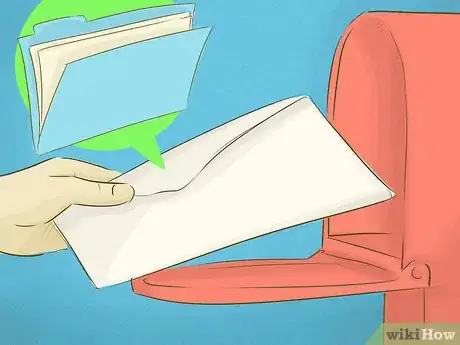

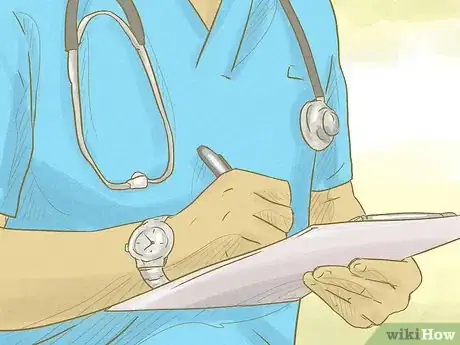

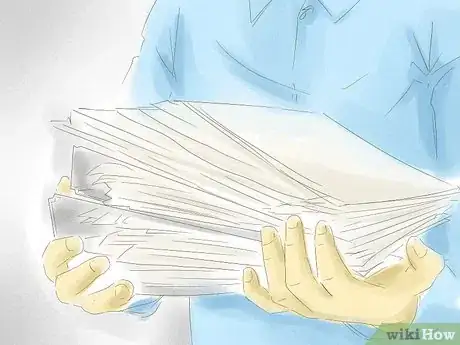
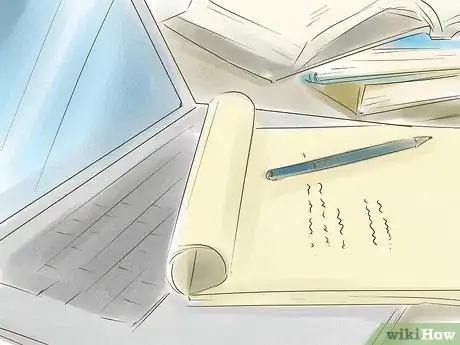


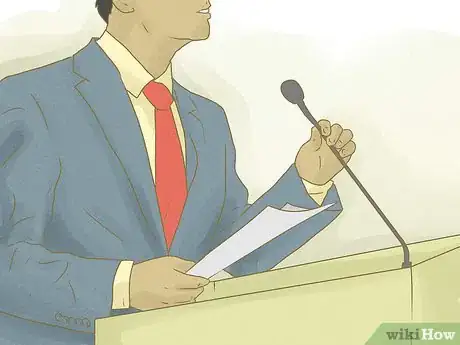


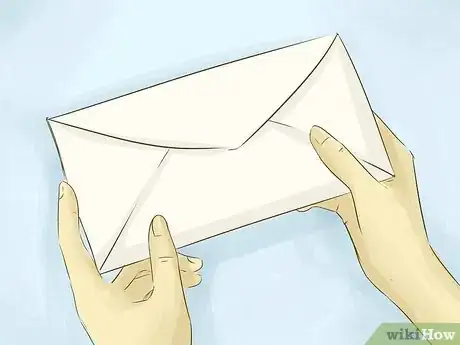











-Status-Step-6.webp)

